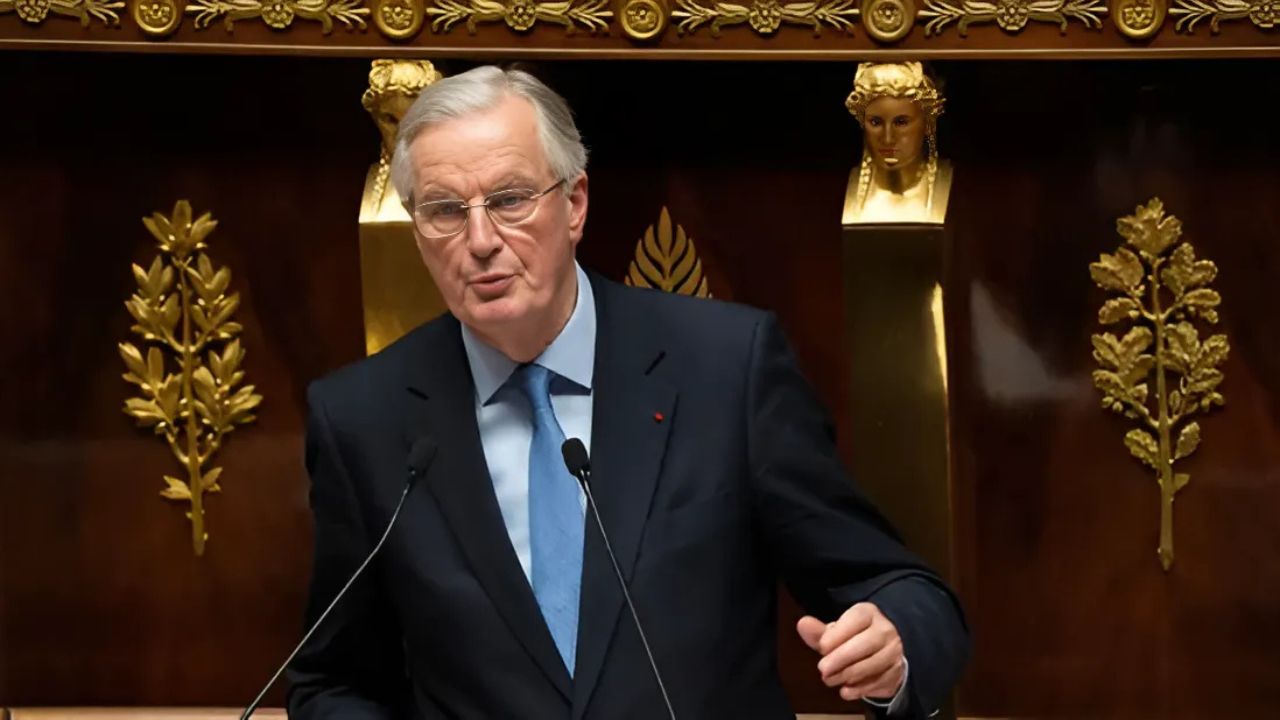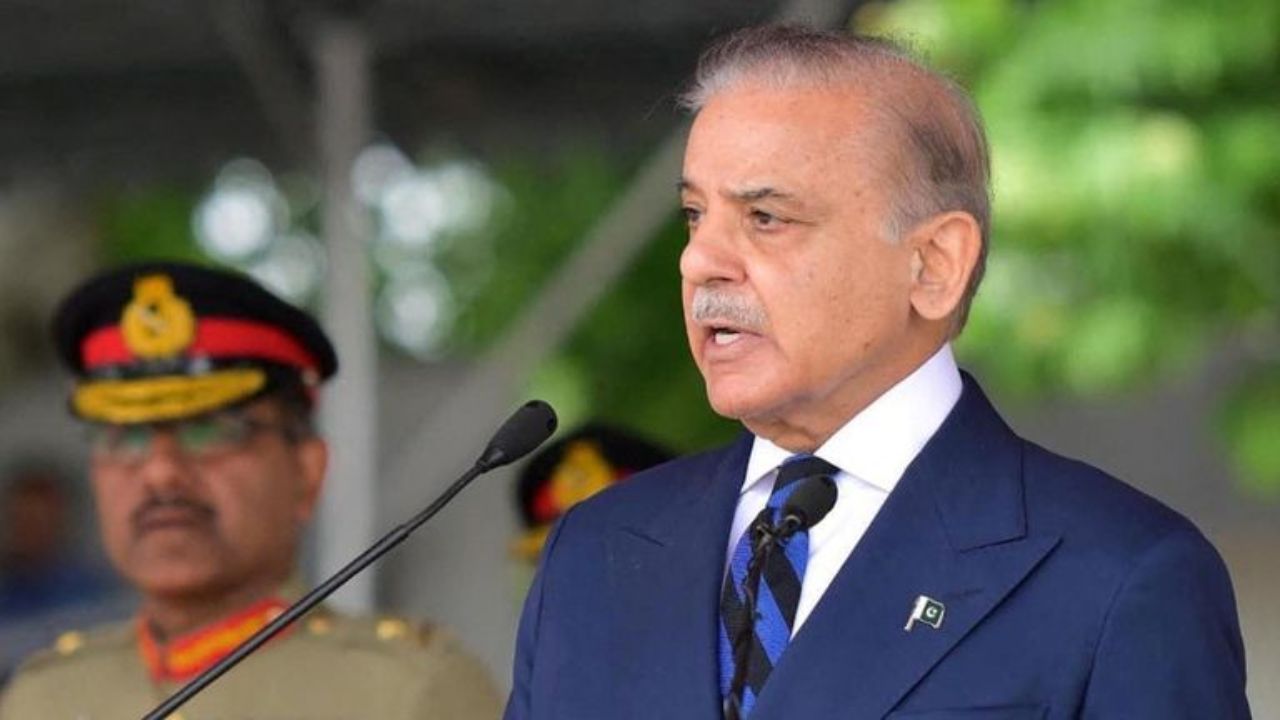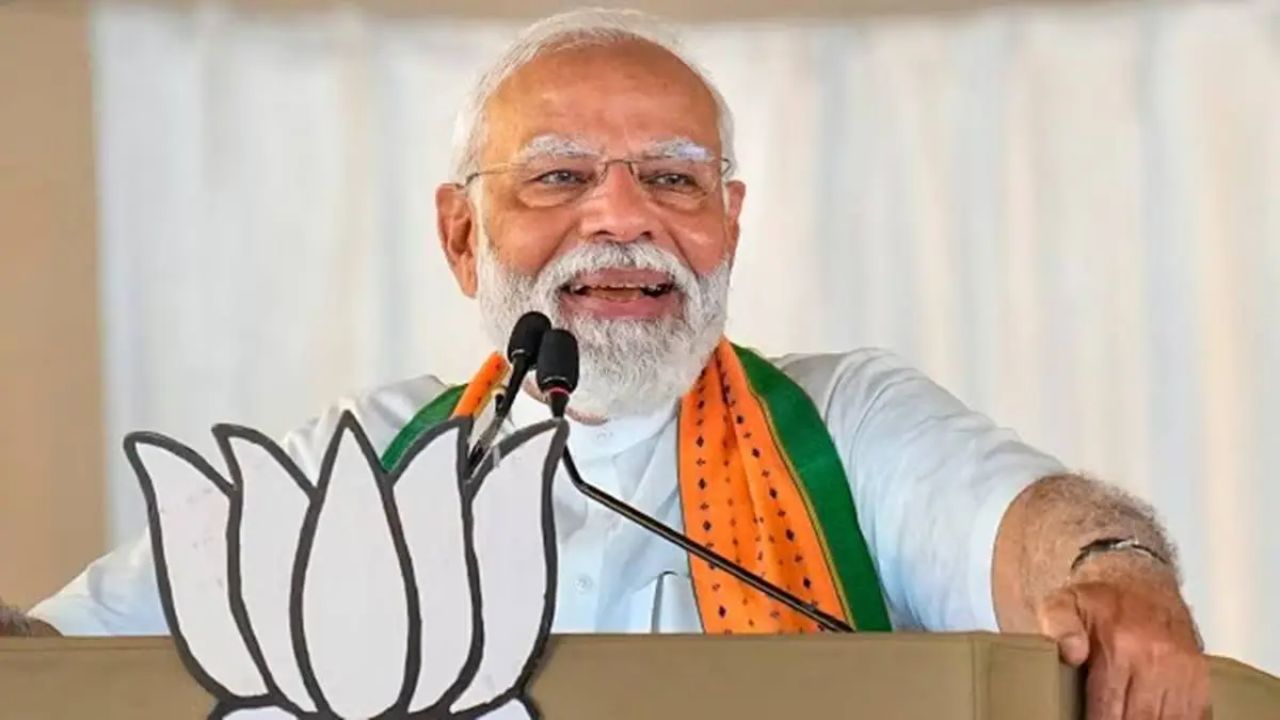French Government Collapses as Prime Minister Barnier Loses No-Confidence Vote, Sparking Political Crisis
French Government Crisis Intensifies as Barnier Resigns After No-Confidence Vote PARIS: France plunged deeper into political turmoil on Wednesday as Prime Minister Michel Barnier and his entire Cabinet were forced to resign following a historic no-confidence

French Government Crisis Intensifies as Barnier Resigns After No-Confidence Vote
PARIS: France plunged deeper into political turmoil on Wednesday as Prime Minister Michel Barnier and his entire Cabinet were forced to resign following a historic no-confidence vote in the National Assembly. The motion, prompted by fierce opposition to Barnier’s proposed budget, passed with 331 votes, significantly more than the required 288. This marks the first such motion since 1962, signalling a significant fracture in the French political system.
Despite the setback, President Emmanuel Macron remains determined to finish his term through 2027, insisting that he will not resign. However, Macron now faces the task of appointing a new prime minister for the second time after the July elections, which resulted in a deeply divided parliament. Macron is scheduled to address the nation on Thursday evening, though specifics about his speech remain unclear.
Barnier’s Resignation Marks Shortest Tenure in Modern History
Appointed just two months ago, Barnier’s tenure as prime minister is now the shortest in France’s modern history. Speaking before the vote, Barnier expressed pride in his service to France but acknowledged that political conditions had made his job increasingly untenable. “It has been an honor to serve France and the French people with dignity,” he said in his final speech. “This no-confidence motion makes everything more serious and difficult. That much I am certain of.”
Budget Dispute Sparks Political Divide
The vote was spurred by intense opposition to Barnier’s budget proposal, which was seen as imposing austerity measures that would disproportionately impact the working and middle classes. The National Assembly, deeply divided among Macron’s centrist allies, the left-wing New Popular Front coalition, and the far-right National Rally, has seen increased polarization over economic issues.
For the first time in a long while, these typically antagonistic political forces joined forces against Barnier. Marine Le Pen, leader of the National Rally, blasted the proposed budget as “toxic” and accused Macron of being the primary architect of the current crisis. “The pressure on the president will intensify,” Le Pen warned as she called for more excellent protection of the French people against austerity.
Left-wing lawmakers also vocally opposed the budget, with Eric Coquerel proposing emergency measures to delay the budget to avoid a government shutdown. He warned that the government must stop pretending everything is fine and instead take immediate steps to stabilize the country’s finances.
Macron Faces Growing Pressure
Following Barnier’s resignation, Macron must now search for a new prime minister to lead the fractured government. The political landscape remains deeply divided, and the absence of a clear majority in parliament means that it will be difficult for any government to push forward meaningful legislation or reform.
Macron, who has weathered political storms before, remains resolute in his commitment to finishing his mandate. “We must not scare people with such things,” he stated earlier this week, referencing speculation about his resignation. “We have a strong economy,” he added, despite the growing tensions within his administration.
However, with the prospect of continued political instability, many question Macron’s ability to govern effectively. The failure to unify the fractured parliament leaves the president in a precarious position, with little room for manoeuvre.
Economic Fallout: Market Instability and Debt Concerns
The political chaos has added to growing concerns about France’s economic future. The country’s massive debt burden, combined with pressure from the European Union to curb its deficit, has raised alarms. The deficit is expected to reach 6% of GDP this year, and without significant fiscal reforms, it could rise to 7% next year.
This financial instability could lead to higher borrowing costs, further exacerbating the national debt. Carsten Brzeski, global chief of macro at ING Bank, stated that uncertainty about France’s political and economic trajectory is deterring investment and could hinder growth in France and the broader Eurozone. “The impact of France not having a stable government would clearly be negative for growth,” Brzeski noted.
The rise in bond yields has sparked fears of a debt crisis similar to the Greek crisis of the early 2010s, but analysts have noted that France’s situation is not yet comparable. The country’s debt is long-term, and French bonds remain in demand due to a shortage of German government bonds. However, if the political instability persists, it could trigger more significant disruptions in the financial markets.
In the face of growing economic challenges, the European Central Bank may step in to stabilize French borrowing costs if the market turmoil intensifies. However, such intervention would likely be a last resort and could be politically controversial.
What’s Next for France?
As France grapples with a political crisis, the future remains uncertain. Macron’s next steps will be critical in determining whether he can restore stability to his government and address the pressing fiscal challenges. With the country facing economic strain and a divided parliament, it’s clear that France is at a crossroads, and the coming months will be pivotal in determining the nation’s political and economic future.





